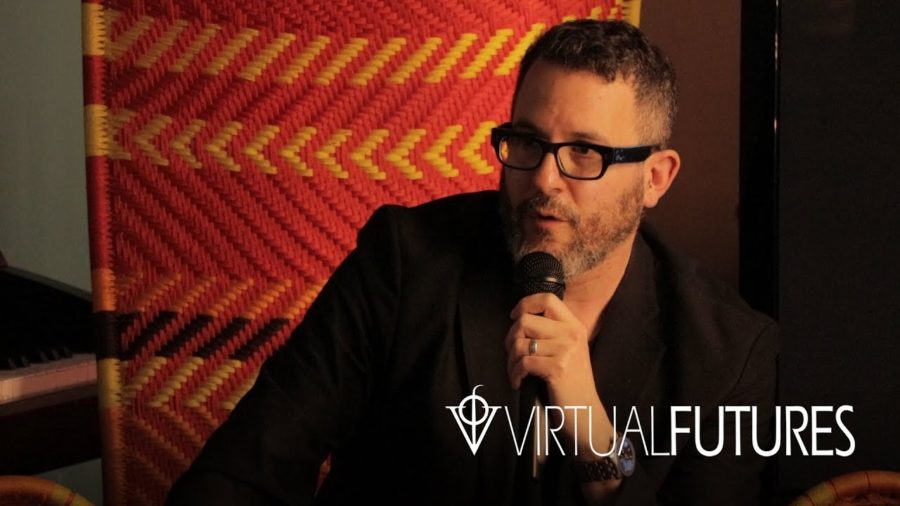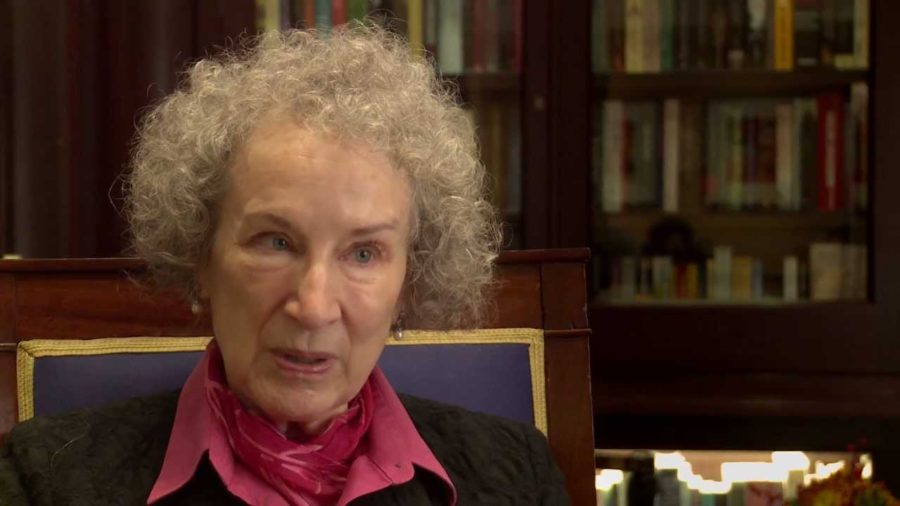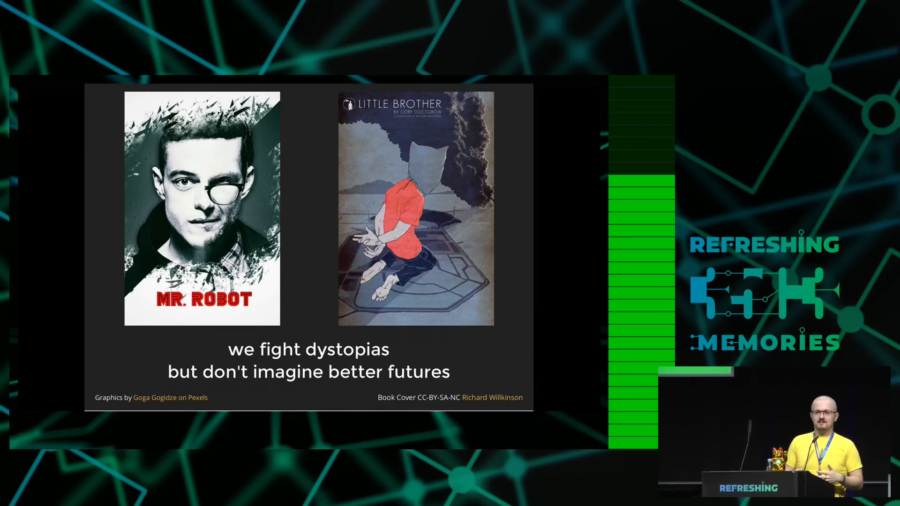We have a lot of proposals on how technology should work in this society, how we want to avoid all the dangers we can see that others cannot see. But we do a very very bad job at communicating it.
Archive (Page 1 of 2)

I am profoundly envious of people who get to write about settled domains or sort of settled states of affairs in human events. For me, I was dealing with a set of technologies which are either recently emerged or still in the process of emerging. And so it was a continual Red Queen’s race to keep up with these things as they announce themselves to us and try and wrap my head around them, understand what it was that they were proposing, understand what their effects were when deployed in the world.

We have already changed the world a lot, not always for the better. Some of it’s for the better, as far as we human beings are concerned. But every time we invent a new technology, we like to play with that technology, and we don’t always foresee the consequences.
It’s like we’ve got all these proxy wars going, where people are fighting bitterly over these things. And if you could sort of go back to the original global conflict almost, of ideas, I think you’d get to some interesting arational assumptions. Some of which would be different. Some of which might be very similar. And then you’d wonder why the hell are these proxy wars going on?
I think if there are people who are able to take a step backwards, take that proverbial zoom out, and realize that everybody’s kind of doing the same thing in different ways, and be able to step from one perspective to the other and ask different kinds of questions based on where they are at any given moment time, then it just becomes a game. I think it becomes joyful and engaging. I mean, I’m not interested in finding the answer to anything. I don’t think there is the answer to anything.
I like to think that we are an intelligent species. I mean, actually the people that often get this most quickly are the people who are poorest, because they know the system doesn’t work. But so many of our supposedly brightest people pick this up and don’t question it. And then we have the all the whole field of economics, which is an ideology built on assumptions that if you examine them are absurd. Because you know, economists simply look at the economy as a pricing system. They’re not system thinkers. Part of the cause our crisis is that we’re not educated to think in terms of systems.

